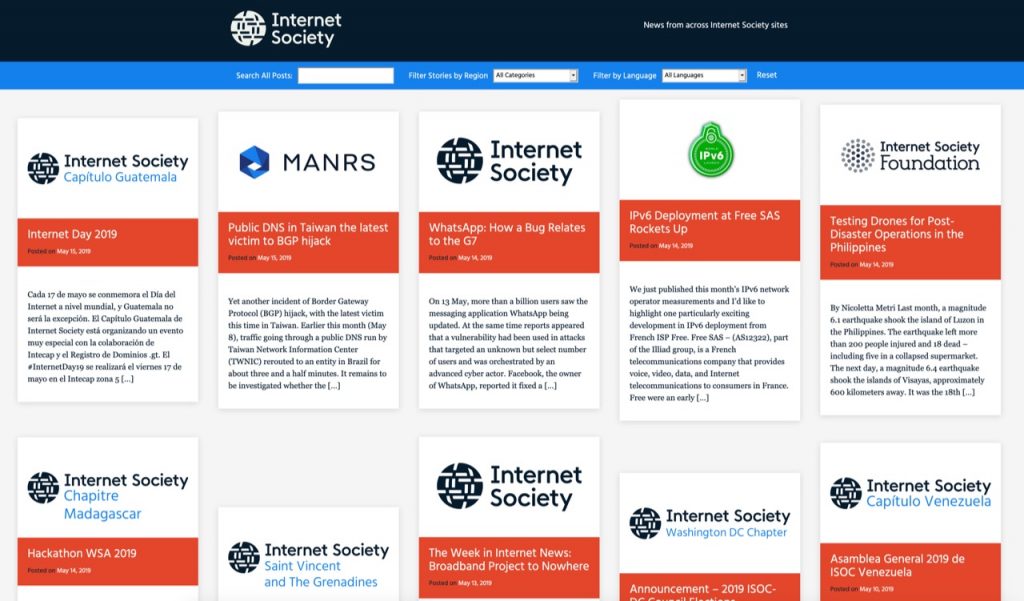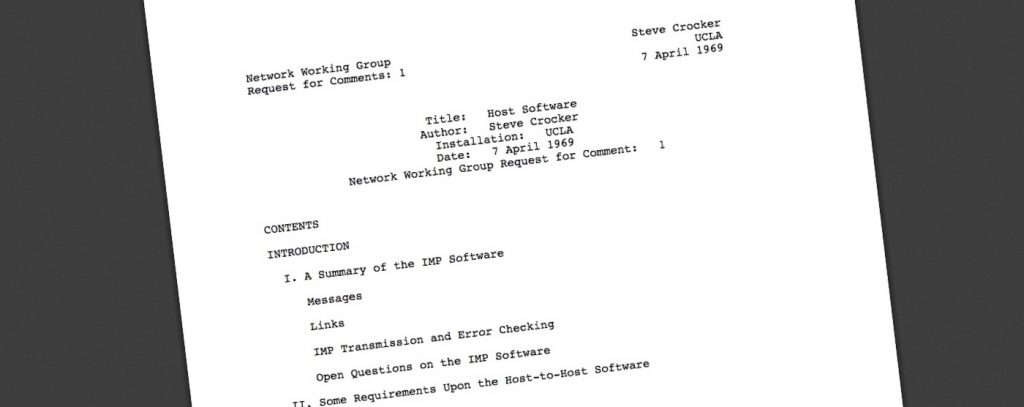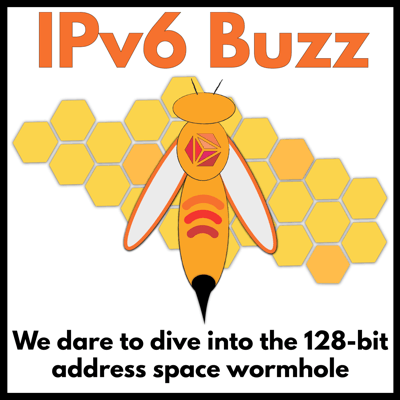Just a guy in Vermont trying to connect all the dots...
Author's posts
Sep 13
Updating the site – and deleting old posts
With some impending changes related to the book, I am cleaning up the site to remove some of the older information. For example, I am removing blog posts related to old sales from many years ago. The one down side to this is that links in old social media posts may not all work. However, an archive of the site is available:
Aug 28
Celebrating my 1-year Cancerversary… with a Colonoscopy!
Today was a wonderful day. It was the one-year anniversary of the surgery (28 Aug 2018) that removed the sigmoid section of my colon, taking with it any potential cancer (there wasn’t any!).
By virtue of the joys of trying to align various schedules, it was also the day for a follow-up colonoscopy to see if there were any more polyps or signs of cancer. After the rather horrid preparation process, I went to the hospital this morning, had the test, and received the news that there were NO further signs of cancer!
Between this colonoscopy today, a CT scan earlier this month, and some recent blood tests, it does seem that the cancer is all gone. The other excellent piece of news is that I don’t need to do a colonoscopy for 3 years!
Many thanks to Dr. Peter Cataldo’s team - and to all the nurses and others at the UVM Medical Center here in Burlington. They were all excellent and very helpful and supportive.
All in all, a great day.
P.S. As a bonus for me as a geek and engineer… when they were taking me into the room for the procedure, the doctor asked if I wanted to be asleep or awake. I had been planning for sedation (and NOT looking forward to it) and wasn’t aware that there was even an option for being conscious.
Of course I had to stay awake and watch! So I got to see the video as they moved the scope up through my colon. I saw where they did the surgery (and was reminded that I actually have tiny titanium staples inside of me). And I got to see where my appendix is. All very cool to see!
Previous entries in my cancer stories:
- 21 Aug 2018 - The Big C Returns As Colon Cancer... and with me this time
- 3 Sep 2018 - Post-surgery recovery: Every day brings a series of small victories
Image credit: Cristian Escobar on Unsplash
Jun 25
Announcing news.internetsociety.org – a way to follow what is published across all Internet Society sites

Today I’m pleased to announce a new site we have built that brings into one location links to all the content published across Internet Society websites:
This news site aggregates posts from our main website, from sites of our 130+ Chapters and Special Interest Groups (SIGs), and from certain other affiliated sites. On the site, you can:
- Search using keywords
- Filter the view based on the region
- Filter the view based on language
- Filter the view to see posts only from a specific source
For instance, you can see all the posts published by Chapters in Africa. Or you can see all the posts published in French, or Spanish, or Chinese… or Georgian.
Note that the filters can work together. By choosing “Africa” and “French” you will see only French posts from African Chapters. There’s a “Reset” link on the right side that will clear all the filters.
All the views also have unique URLs that you can share with people, or link to from other sites, email newsletters, etc. And of course the site has a master RSS feed that you can read in a RSS reader or other tool.
I find it quite fun! It’s amazing to see all the great info being created by different parts of the Internet Society.
We encourage you to bookmark the page, add it to your mobile home screen, set it as your home page, or share it with others.
There are a couple of caveats to know about:
- Not every Chapter or SIG is included – As we mention in the FAQ, the site includes every Chapter/SIG site for which we could find a working RSS feed. Some Chapters/SIGs built their sites in a way that does not include a RSS feed – or in some cases don’t publish updates as “posts”. In other cases there are technical issues preventing use of their feed.
- Only “recent” posts are included – The site is built aggregating RSS feeds, so it only includes whatever posts were in the RSS feeds when we started the site in production mode in late May 2019. Some sites might have 10 items in their RSS feeds, while others might have 20 or 50. Some sites might publish several articles a week, while others may only publish a couple of articles per year. From this point on, we are including all new posts, but the number of older posts will vary.
If you are curious about how we built the site, the site’s About page links to some of the WordPress plugins we used. You are also welcome to contact me directly with any specific questions.
If you look back at our Action Plan 2019, you’ll see that two of our goals are “Building our community” and “Strengthening our global voice” – we hope that this site will help with both of those goals by shining more light on what we are saying throughout our community and throughout the world.
We do hope your enjoy your exploration – and that through this site you may find more ways to take action to help bring about a more globally connected, secure and trustworthy Internet for everyone!
P.S. And again, I’ll mention the fun factor! For instance, the linguist / typographer in me is absolutely fascinated by the Georgian and the Armenian scripts. I have no idea how to read them, but it’s intriguing to me.
The post Announcing news.internetsociety.org – a way to follow what is published across all Internet Society sites appeared first on Internet Society.
Jun 17
TDYR 362 – Thoughts on WordPress 5.2
Jun 06
On the 7th World IPv6 Launchiversary, How About Listening to a Podcast About IPv6?

On this 7th “launchiversary” of World IPv6 Launch, I thought I’d share a way I’ve enjoyed learning more about IPv6 over the past year. I like listening to podcasts while I’m running or driving, and a show that’s in my playlist is “IPv6 Buzz” where IPv6 veterans Ed Horley, Scott Hogg, and Tom Coffeen “dive into the 128-bit address space wormhole.“
Anyone working with IPv6 for any amount of time, and particularly IPv6 advocacy, has probably read or heard something from Ed, Scott, or Tom. They’ve been explaining and promoting IPv6 for a long time in their own individual endeavors.
This podcast, which launched one year ago today, brings the three of them together with a wide range of guests from across the industry. Even with all my own years of IPv6 activity, I’ve learned a great amount about IPv6 security, recent drivers of deployment (including state task forces), tools and suggestions for promoting IPv6 growth. They dove deeply into IPv6 inside the IETF with Fred Baker, talked about going IPv6-only with Veronika McKillop of Microsoft, got into Happy Eyeballs with Dan Wing, and most recently explored enterprise IPv6 issues with Enno Rey.
Part of the excellent “Packet Pushers” network of podcasts, I’ve found it a great way to stay up on what is happening in the world of IPv6. If you listen to podcasts and are interested in IPv6, do check it out!
P.S. And if you have not yet started deploying IPv6, you can begin by exploring some of our Deploy360 resources.
Image Credit: Boris Smokrovic on Unsplash
The post On the 7th World IPv6 Launchiversary, How About Listening to a Podcast About IPv6? appeared first on Internet Society.
May 13
Know Someone Who Has Made the Internet Better? Postel Service Award Nominations Deadline May 15 (Featured Blog)
May 13
Know Someone Who Has Made the Internet Better? Postel Service Award Nominations Deadline May 15 (Featured Blog)
Apr 07
Celebrating 50 Years of the RFCs That Define How the Internet Works

50 years ago today, on 7 April 1969, the very first “Request for Comments” (RFC) document was published. Titled simply “Host Software”, RFC 1 was written by Steve Crocker to document how packets would be sent from computer to computer in what was then the very early ARPANET. [1]
Steve and the other early authors were just circulating ideas and trying to figure out how to connect the different devices and systems of the early networks that would evolve into the massive network of networks we now call the Internet. They were not trying to create formal standards – they were just writing specifications that would help them be able to connect their computers. Little did they know then that the system they developed would come to later define the standards used to build the Internet.
Today there are over 8,500 RFCs whose publication is managed through a formal process by the RFC Editor team. The Internet Engineering Task Force (IETF) is responsible for the vast majority (but not all) of the RFCs – and there is strong process through which documents move within the IETF from ideas (“Internet-Drafts” or “I-Ds”) into published standards or informational documents[2].
50 years ago, one of the fundamental differences of the RFC series from other standards at the time was that:
- anyone could write an RFC for free.
- anyone could read the RFCs for free. They were open to all to read, without any fee or membership
As Steve Crocker notes in his recollections, this enabled the RFC documents to be widely distributed around the world, and studied by students, developers, vendors and other professionals. This allowed people to learn how the ARPANET, and later the Internet, worked – and to build on that to create new and amazing services, systems and software
This openness remains true today. While the process of publishing a RFC is more rigorous, anyone can start the process. You are not required to be a member (or pay for a membership) to contribute to or approve standards. And anyone, anywhere, can read all of the RFCs for free. You do not have to pay to download the RFCs, nor do you have to be a member of any organization.
More than anything, this open model of how to work together to create voluntary open standards is perhaps the greatest accomplishment of the RFC process. The Internet model of networking has thrived because it is built upon these open standards.
Standards may come and go over time, but the open way of working persists.
While we may no longer use NCP or some of the other protocols defined in the early RFCs, we are defining new protocols in new RFCs. The next 1,000s RFCs will define many aspects of the Internet of tomorrow.[3]
We may not know exactly how that future Internet will work, but it’s a pretty good guess that it will be defined in part through RFCs.
- See also: Fifty Years of RFCs – reflections from current RFC Editor Heather Flanagan.
[1] See our History of the Internet page for more background.
[2] For more explanation of the different types of RFCs, see “How to Read a RFC“.
[3] As noted in our 2019 Global Internet Report section on “Takeaways and Observations”, we are concerned that an increasing number of new services and applications on the Internet are relying on application programming interfaces (APIs) controlled by the application or platform owner rather than on open standards defined by the larger Internet community.
The post Celebrating 50 Years of the RFCs That Define How the Internet Works appeared first on Internet Society.
Mar 30
TDYR 361 – Reflections on IETF 104 in Prague
Mar 18


